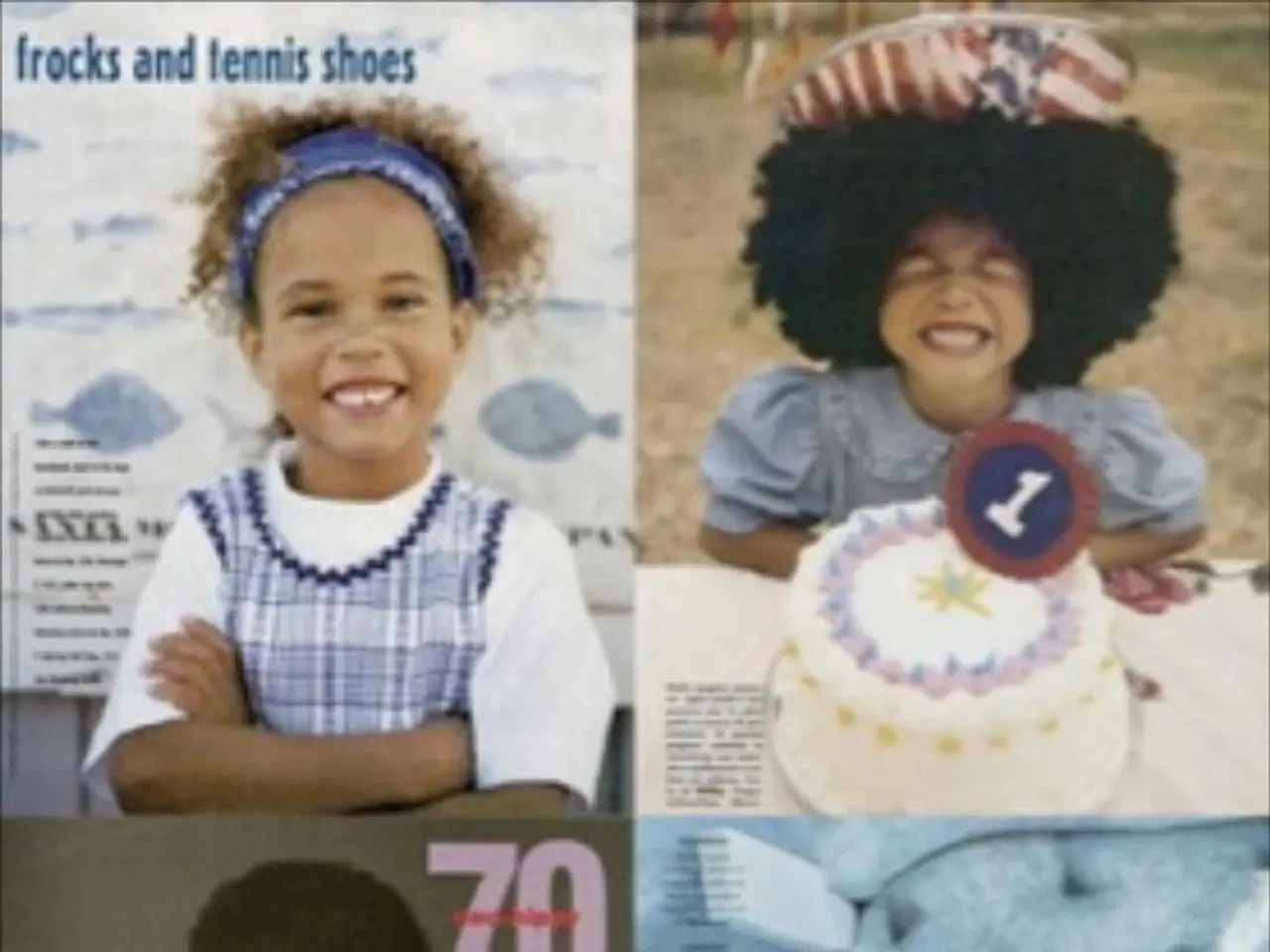Youthful academics employ digital platforms to preserve cultural heritage and champion social and ecological fairness.
In various corners of the world, young leaders are making a significant impact in their communities, championing the preservation of Indigenous cultures, rights, and environments. Three such individuals, Wara Iris Ruiz, Mary Goretti, and Musa Atebeta Obal, are making waves in their respective regions.
Musa Atebeta Obal, a 23-year-old nurse and community leader, is the first young Batwa from his region in the Democratic Republic of Congo to earn a university degree in nursing. As a volunteer project manager at AVID-RDC, he oversees project design and implementation, coordinates organisational activities, and founded Radio Voix de la Femme Autochtone to amplify the voices of Indigenous women.
In Moroto district, Uganda, Mary Goretti is a young advocate for community development in the Indigenous Tepeth community. Known for her ambition, hard work, and positive attitude, she inspires young people through her leadership. Mary leads the YCSA project, which equips young people with knowledge and tools for land rights and environmental protection.
Wara Iris Ruiz, a young Aymara woman dedicated to climate justice and the conservation of biodiversity, is passionate about Indigenous communication and the training of young people. She is studying environmental journalism with the support of the International Work Group for Indigenous Affairs (IWGIA). Wara envisions a future where the stories, challenges, and knowledge of Indigenous communities are preserved and amplified through media directed by young people and women.
Wara's vision is brought to life through the Iris Ruiz scholarship project, titled "Incubator for Indigenous Journalists in Climate Resilience and the Fight Against Indiscriminate Exploitation of Territories (PACA)". This project aims to strengthen competencies in journalism, environmental communication, and digital media among young Indigenous people. Wara mobilized 30 young scholars from four different regions for the PACA project, supported by a team of five coordinators.
Through radio broadcasts, written articles, and community awareness activities, the Batwa scholarship collective empowers people to know their rights, fostering greater awareness and civic engagement. Despite challenges such as travel restrictions and limited internet connectivity, the PACA team remained committed to their goals and produced stories and content highlighting the environmental realities of their territories.
The goal of the PACA project is to preserve and share knowledge, myths, testimonies, and chronicles related to ecological and climate themes in Indigenous languages and Spanish. The project was born out of the urgent need to resist the violation of Indigenous sovereignty by private companies.
Meanwhile, the YCSA project received support from the community and local authorities, resulting in increased cooperation, knowledge of land and mineral rights, and a reduction in conflicts. The project targets young people of both sexes, including those with disabilities, in Katikekile sub-county, Moroto district.
Programs like the First Peoples Fund Artist in Business Leadership Fellowship provide up to $10,000 grants for projects that support Indigenous artists' business development and community work, which could be similar to the type of fellowship impacting Indigenous youth leaders. Sealaska's investments in youth leadership, language revitalization, and community engagement also exemplify the kinds of impactful projects Indigenous youth leaders are involved in, although individual names are not specified.
For more precise details about the projects or achievements by these named individuals within an Indigenous Youth Leaders Fellowship specifically, consulting the organisations directly managing the fellowship or Indigenous youth leadership networks may be necessary.
- Musa Atebeta Obal's impact expands beyond nursing as he leads the Batwa scholarship collective, advocating for Indigenous rights and envisioning media that amplifies Indigenous voices.
- Wara Iris Ruiz, through the Iris Ruiz scholarship project, aims to strengthen competencies in journalism, environmental communication, and digital media among young Indigenous people, preserving and sharing Indigenous knowledge.
- The YCSA project, led by Mary Goretti, empowers young people in the Tepeth community by equipping them with knowledge and tools for land rights and environmental protection.
- Pursuing education-and-self-development opportunities, such as business leadership fellowships, can provide financial support and resources for Indigenous youth leaders in their careers, fostering personal-growth and community engagement.




